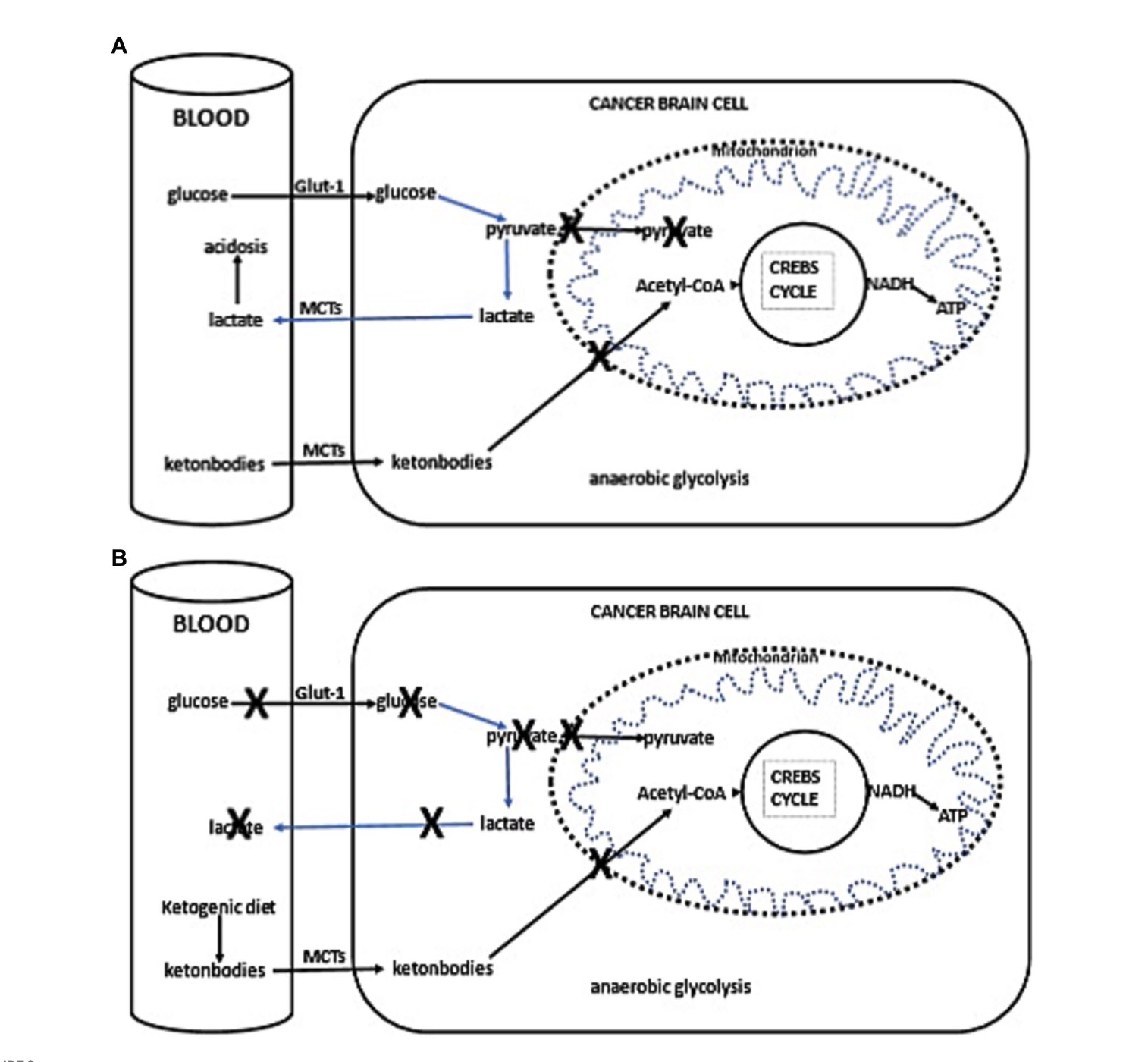this post was submitted on 23 Feb 2025
5 points (100.0% liked)
Metabolic Health
105 readers
1 users here now
A place to discuss metabolic health research, papers, talks, etc.
This topic can touch upon many people's personal triggers, so please be civil.
Rules
- Be nice
- Stay on topic
- Don't farm rage
- Be respectful of other diets, choices, lifestyles!!!!
- No Blanket down voting - If you only come to this community to downvote its the wrong community for you
The banner poster in high resolution can be found here
founded 6 months ago
MODERATORS
you are viewing a single comment's thread
view the rest of the comments
view the rest of the comments

Notes:
^^This sentence has a assumption, incorrect, that the brain preferences glucose. I think this is reversed, in the absence of ketones the brain can use glucose. In people with both ketones and elevated glucose levels in the blood a healthy brain burns ketones at a 70:30 preference.
3.3 Patient 3
This is super interesting, she recovers, quits keto, the GBM comes back, and gets back into keto and has a ECOG of 0.
^^This is just sad
The liver makes glucose, steroids increase glucose levels, etc
Thoughts
This was a dietary ketogenic intervention, I wonder how the outcomes would differ with exogenous ketones? Since compliance with the intervention was so low (33%), could we have seen the other 66% benefit from a ketogenic diet + exogenous ketones? The one patient in the study (patient 5) who took exogenous ketones did suffer a relapse, i would have liked to see their GKI history.
Several of the patients reported constipation when starting the keto diet, probably because they increased fiber consumption. It would be interesting to see the same intervention without fiber. We have other papers indicating full resolution of constipation with the removal of fiber.
The theme amongst the patients is that the lower the GKI, and the better adherence, the better the outcomes and fewer recurrences.